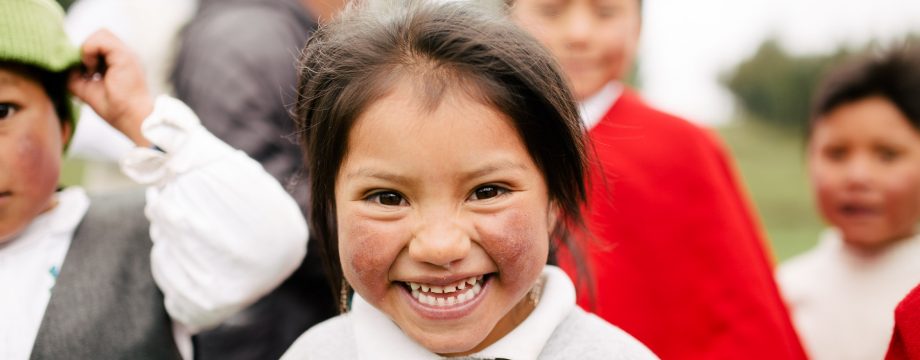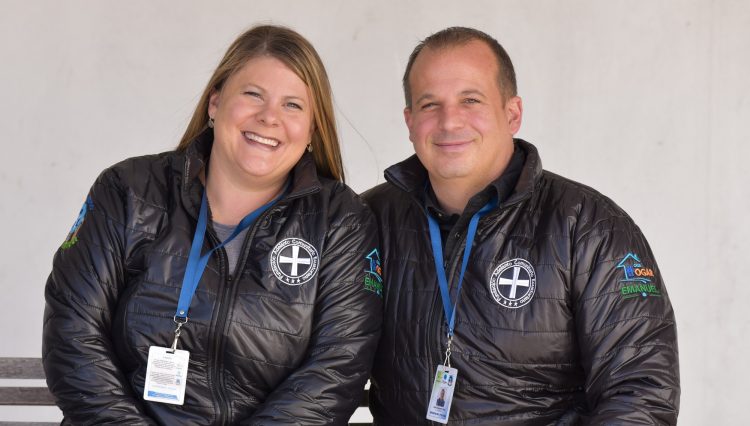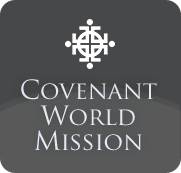The 1st part of Chapter 2 starts with asking the question: What is poverty? In the 90’s, the World Bank asked this question to the poor themselves to try to get a better understanding of poverty. Those results, FYI, were published in a 3 volume series of books called, Voices of the Poor. Before I give a couple quotes from the poor themselves, I ask YOU who are reading to take a couple of minutes and write down your thoughts about what YOU think poverty is…
From Cameroon, one person explains poverty as: “{The poor have} a feeling of powerlessness and an inability to make themselves heard.”
From Vietnam: “If you are hungry, you will always be hungry, if you are poor, you will always be poor.”
And from Uganda: “When one is poor, she has no say in public, she feels inferior. She has no food; so there is famine in her house; no clothing, and no progress in her family”
I’m interested to know how YOU in your few minutes to think of what poverty was described poverty. I think the tendency is to think of poverty in terms of material things, or lack thereof. Did you notice that the way that the poor described poverty, although they discuss lack of material things, they also discuss their poverty in psychological and social terms such as inferior, no progress, powerlessness, and lack of being heard.. This is probably different from how you desribed poverty.
An important focus of this chapter can be summed up in this quote:
“This mismatch (the one I talked about above) between many outsiders’ perceptions of poverty and the perceptions of poor people themselves can have devestating consequences for poverty-alleviating efforts.”
A different way to look at it is looking at it like going to the doctor. If you see a doctor and they misdiagnose you or treat only your symptoms and not the cause of your illness, will you get better? It is similar in working with the poor. If only symptoms are treated or if the problems are misdiagnosed, the poor will not improve their situation, and their lives might be made worse!
For more information on this book you can check out this website:
http://www.whenhelpinghurts.org/





 The Santiago Partnership
The Santiago Partnership